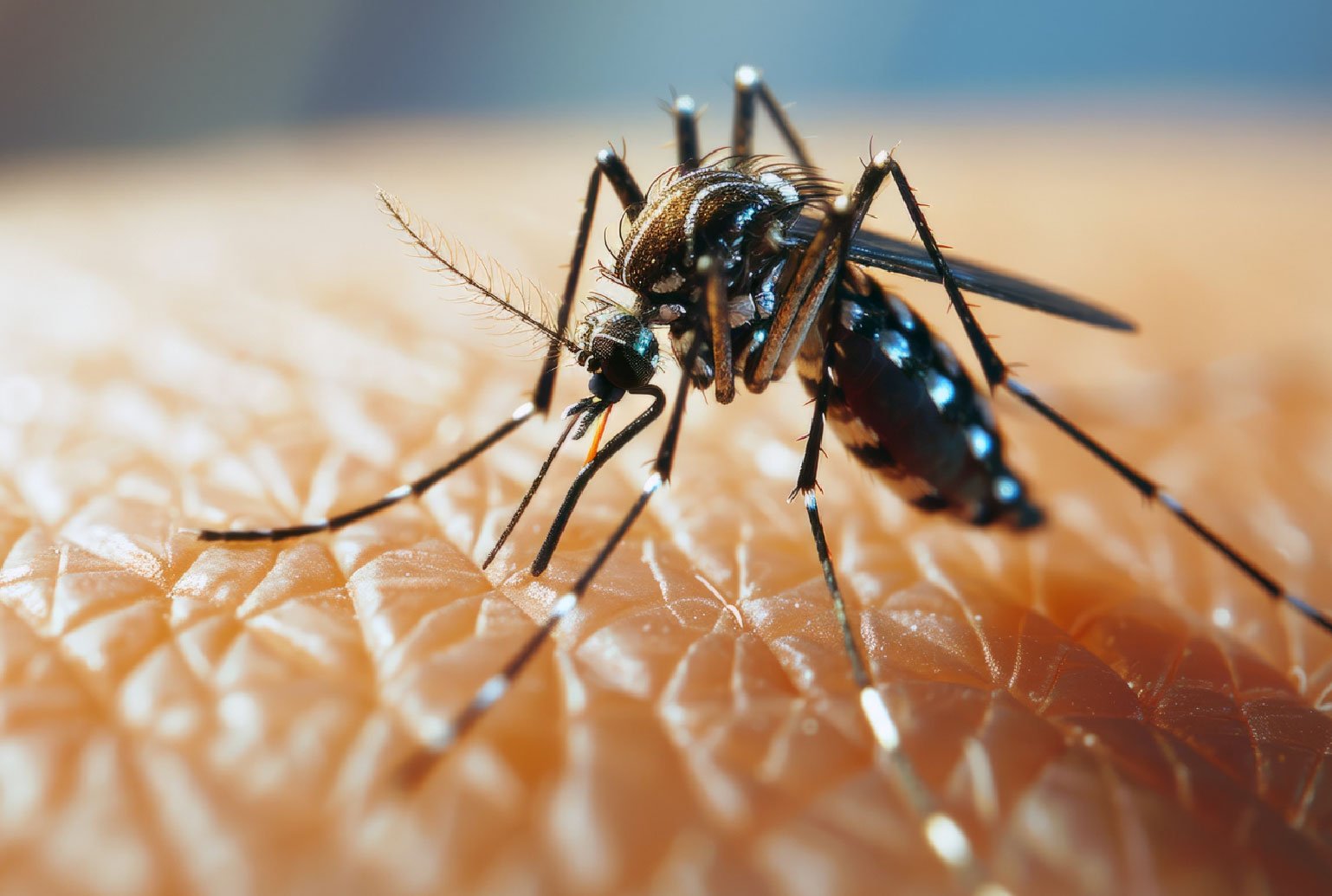Malaria Fever: Causes, Symptoms, Treatment & Prevention You Must Know

Introduction
In many parts of India, malaria remains a serious health concern. Malaria, which is caused by parasites spread by mosquito bites, can rapidly progress from a low-grade fever to potentially fatal complications. Our goal at RushCare Hospital in LB Nagar is to protect your health by offering timely diagnosis, efficient treatment, and long-term preventive care.
What is Malaria?
Plasmodium parasites, the cause of malaria, are spread to humans via the bites of female Anopheles mosquitoes carrying the infection. These parasites enter the body, mature in the liver, and then enter the bloodstream to target red blood cells.
Malaria can be prevented and treated, but a full recovery depends on early discovery and the right care.
Types of Malaria Parasites
There are five Plasmodium species that cause malaria in humans:
- Plasmodium falciparum – Most dangerous and can lead to severe complications.
- Plasmodium vivax – Common in India, known for causing recurring malaria.
- Plasmodium ovale
- Plasmodium malariae
- Plasmodium knowlesi – Rare but can infect humans from monkeys.
Signs and Symptoms of Malaria
Usually, 10 to 15 days after an infected mosquito bite, malaria symptoms appear. Typical symptoms include:
- A high temperature with chills and perspiration
- Headache
- Joint and muscle pain
- Nausea, vomiting, or diarrhea
- Weakness and exhaustion
- A fast heartbeat or respiration
In extreme situations, especially in youngsters, pregnant women, and people with compromised immune systems, it can result in organ failure, coma, or even death.
How is Malaria Diagnosed?
At RushCare Hospital, we identify malaria quickly and accurately using cutting-edge diagnostic techniques:
- PCR testing: For in-depth parasite identification in complex cases
- Rapid Diagnostic Tests (RDTs): Fast, point-of-care testing
- Blood smear microscopy: To determine the type of parasite
Early diagnosis stops the progression of the disease and guarantees faster treatment.
Malaria Treatment Options
Treatment depends on the type of malaria parasite, severity of the infection, and patient’s age or medical history.
At RushCare Hospital, treatment usually includes:
- Antimalarial medications like chloroquine, artemisinin-based combination therapies (ACTs), and quinine.
- Supportive care such as IV fluids, fever management, and oxygen therapy for severe cases.
- Hospitalization for patients with complications or high-risk conditions.
We tailor treatment plans based on the specific parasite strain and patient response to medications.
How to Prevent Malaria
Prevention is the best defense. At RushCare Hospital, we advise a combination of personal and medical preventive measures:
Personal Protection
- Use mosquito repellents (DEET-based)
- Sleep under insecticide-treated bed nets
- Wear long-sleeved clothing, especially at night
- Ensure screens and nets on windows and doors are intact
Medical Prevention
- Prophylactic medication if you’re traveling to a malaria-prone area
- Routine screenings in endemic regions
- Prompt treatment of any suspected infection to prevent spread
Complications of Untreated Malaria
If not treated early, malaria can lead to:
- Cerebral malaria (brain swelling)
- Anemia and jaundice
- Kidney and liver failure
- Respiratory distress
- Pregnancy complications and miscarriage
Q&A – Common Questions About Malaria
1.Can malaria come back after treatment?
Yes. Plasmodium vivax and Plasmodium ovale can lie dormant in the liver and cause relapses weeks or months later. Anti-relapse medications are prescribed to prevent this.
2.How soon should I seek medical help if I suspect I have malaria?
Immediately. Early symptoms resemble viral fever. If you’ve traveled to or live in a malaria-prone area and have fever, seek medical help at RushCare Hospital right away.
3.Is malaria transmitted from one person to another?
Not directly. It spreads through mosquito bites. However, in rare cases, it can spread through blood transfusions, organ transplants, or shared needles.
4.What are the first signs of malaria?
Initial symptoms include chills, fever, sweating, fatigue, and body aches—often resembling flu.
5.Can malaria go away on its own?
No. Malaria requires proper medical treatment. Delayed treatment can lead to serious complications or death.
6.How is malaria diagnosed?
Through blood tests such as microscopy, RDTs, or PCR.
7.What is the treatment for malaria?
A combination of antimalarial drugs and supportive care based on the type of parasite and severity of symptoms.
8.Can you get malaria more than once?
Yes. Having malaria once doesn’t make you immune, especially for P. vivax or P. falciparum.
9.Is there a vaccine for malaria?
Indeed, some areas now have licensed malaria vaccinations as a result of recent advancements. Vaccines are not a replacement for prevention, though, and are just now being introduced in certain regions.
10.Who is most at risk of malaria?
Travelers, pregnant women, children under five, and those with compromised immune systems.
11.Can pregnant women take malaria treatment?
Yes, but only with a doctor's supervision. Certain drugs are necessary to prevent problems and are safe to take while pregnant.
Why Choose RushCare Hospital for Malaria Care?
RushCare Hospital in LB Nagar is equipped with:
- Expert general physicians and infectious disease specialists
- 24/7 diagnostics and emergency services
- Customized treatment for adults, children, and pregnant women
- Safe and hygienic environment with mosquito control protocols